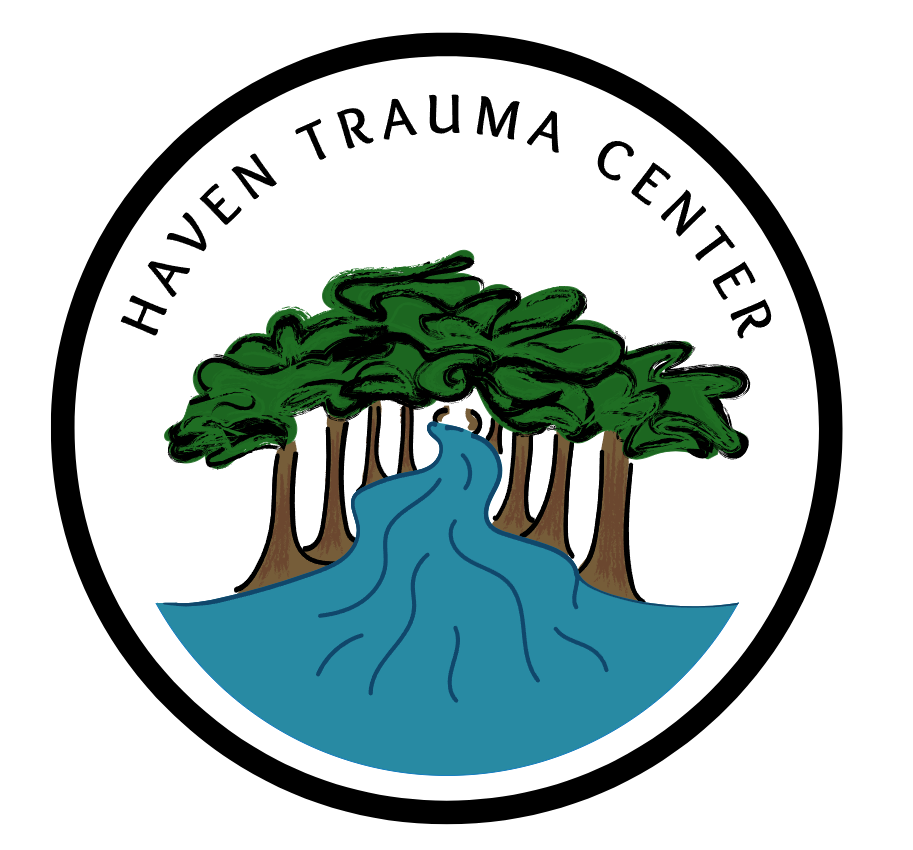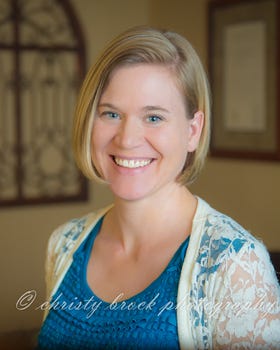Those of you who do trauma therapy or trauma-informed therapy are likely to know at least a little about EMDR (Eye Movement Desensitization and Reprocessing), and maybe quite a bit about it. Most people, clients and therapists, think of EMDR as an individual treatment approach, but one of my colleagues, Tamra Roberts, has been doing EMDR with groups. I wanted to know more, and I’m sharing some of our conversation with you.
Chris: Tamra, who do you most enjoy working with and why?
Tamra: I enjoy working with clients who have experienced intense trauma, because I never ceased to be amazed to see people heal and transform from living in such a dark place to living in a place of light and freedom.
For example, one Client who participated in a Group EMDR Trauma Intensive experienced extreme abuse as a child and this led her to be a victim of human trafficking, told me with tears in her eyes that before the group she never imagined her future with any hope and for the first time in her life she had hope. This is the kind of experience that keeps me motivated as a counselor and believing that what I do makes a difference.
Chris: EMDR is usually thought of as an effective treatment for individuals with trauma, but you treat groups with EMDR. What has your experience been like doing EMDR with groups?
Tamra: I love doing EMDR in a group setting because it gives clients the ability to do 3 to 6 months worth of individual weekly therapy in two days in the group format! And at a fraction of the cost. The biggest struggle, I believe, in doing any kind of trauma therapy is opening up what I call the "trauma box" in a session and trying to close it at the end of session. When we do trauma work it is normal for our brain and body to want to continue processing outside of the session and this can cause a lot of distress for some people. Sometimes the distress can be so intense that they drop out of therapy all together. In the group intensive format, they are able to open the "trauma box" one day and hopefully by the end of day two they are experiencing relief from their trauma. In individual weekly therapy relief might not come until after months of therapy.
Chris: What else makes EMDR groups distinct from other forms of trauma treatment?
Tamra: This EMDR group is not a process group, meaning that participants do not share their trauma stories with each other. This helps keep members safe from retraumatizing each other. I have been so delighted to find that even though they do not share their stories with each other, just the experience of doing the trauma work together is a bonding experience. I have found that there is a power in the group, that is not in individual counseling. To have other human beings go through the same process of acknowledging and healing from their own trauma at the same time as you, provides emotional support and courage.
Chris: Who is a good fit for EMDR group therapy?
Tamra: It is for people who have experienced trauma(s) or have experienced deep hurt in some way. Someone who is motivated to do the hard work of working on their past and willing to set aside a few days to focus on themselves and their healing.
Chris: How can we get people who can use this treatment in touch with you?
Tamra: You can register or find out more information at: https://www.riversidecounselinggroup.com/copy-of-emdr. Reach out to Tamra Roberts at 704-909-9786 or tamraroberts@trueyoucounseling.net if you have more questions.
More information about Tamra can be found at trueyoucounseling.net.
“Working with Survivors of Spiritual and Religious Trauma” is still available!
Thanks to everyone who came to my talk on “Working with Survivors of Spiritual and Religious Trauma.” You helped make it a great success!
If you were not able to make it, and are interested in accessing the recording, please contact Adele Jordan at ajordan@gordonconwell.edu. Let her know that you’d like information about how to access the event.






